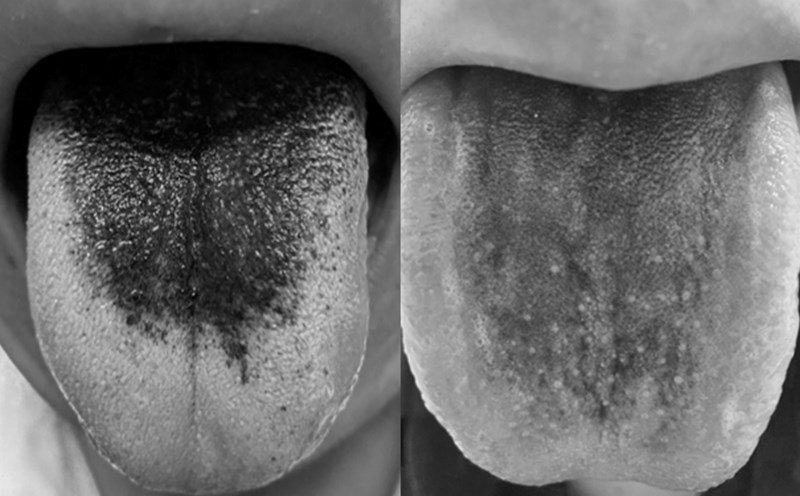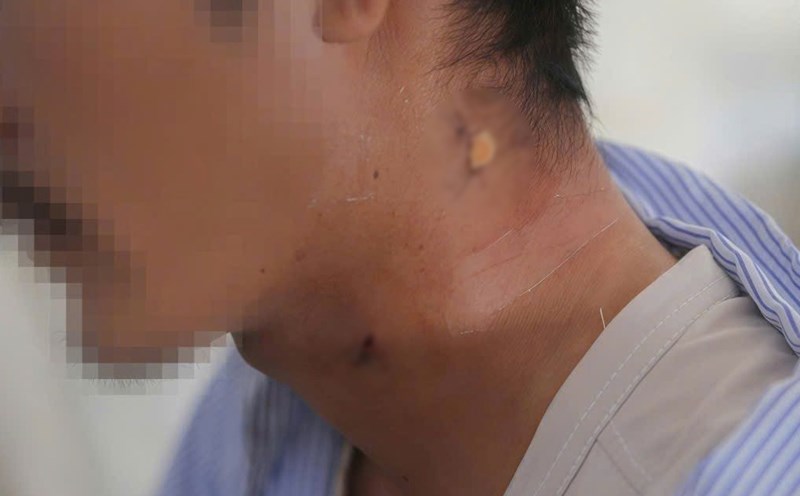According to experts from the Cleveland Clinic, any change in color, structure or feeling on the tongue can be an early warning sign of disorders in the body. One of the most common manifestations is a thick white tongue, caused by bacteria or strong growth of yams. If this condition persists for more than a few days even if you have cleaned your teeth properly, your doctor recommends checking to rule out foot-and-mouth infections.
Healthline says a bright red, burning or feeling hot tongue may be related to vitamin B12 deficiency, folate or iron. This is a sign that many people ignore until they experience more fatigue, loss of appetite or numbness in the limbs. Meanwhile, a yellow tongue is often accompanied by dry mouth, dehydration or poor hygiene, but can also be related to changes in the digestive tract.
The less common but worrying condition is black, furred tongue, often found in smokers, those who drink a lot of coffee or take antibiotics for a long time. Although not dangerous, this is still a sign that needs to be monitored to ensure there are no accompanying infections.
According to Medical News Today, the most serious warnings include a tongue ulcer that lasts for more than 2 weeks, a hard plaque, pain when swallowing or bleeding of unknown cause. These manifestations may be related to precancer damage or oral cancer - a condition that requires early examination.
In addition, prolonged bad breath, deep cleft tongue, swelling, pain or red patches that do not disappear are also notable signs. Doctors recommend checking your tongue every day while brushing to promptly detect abnormal changes. If any signs last longer than 10-14 days, you should go to a medical facility for specific assessment.











